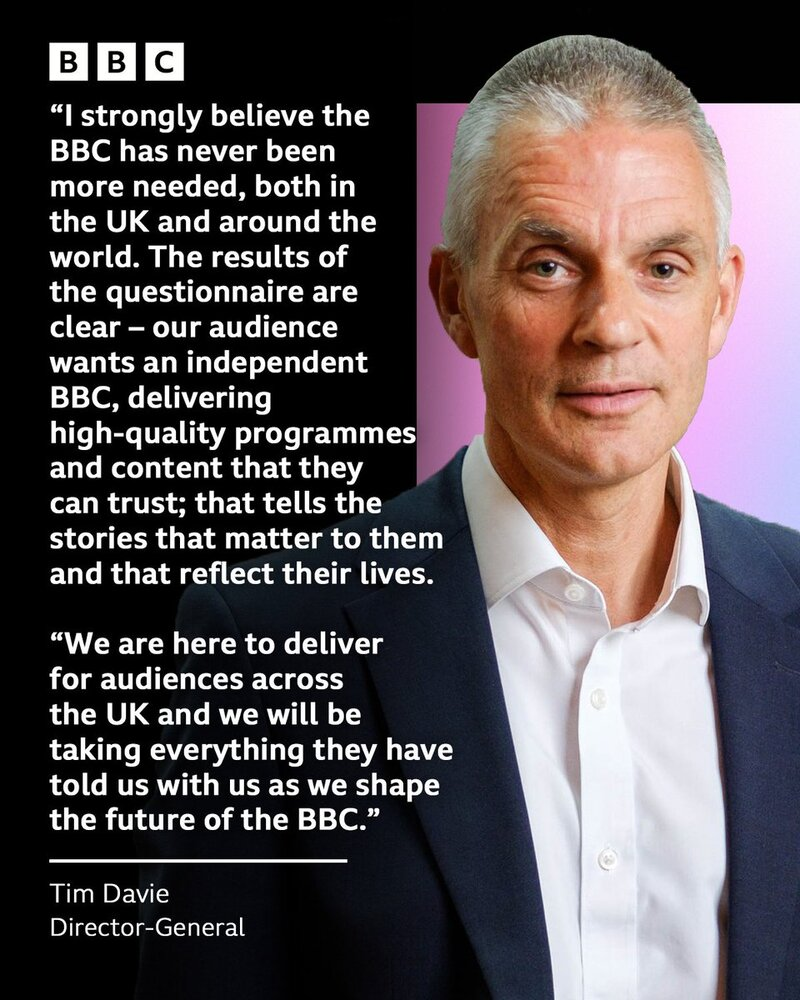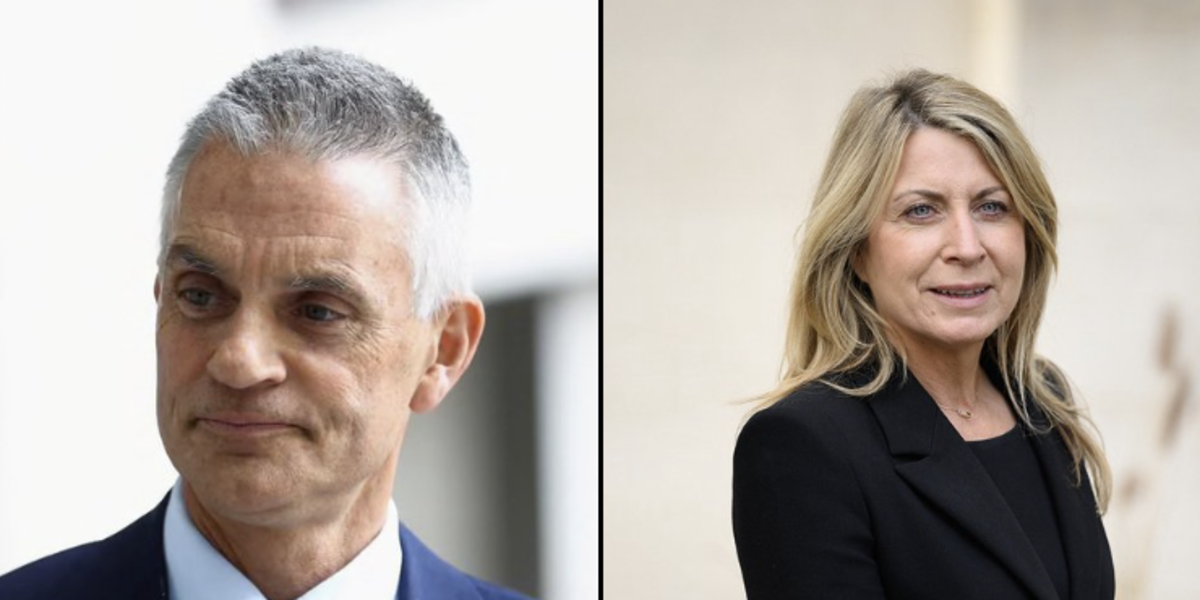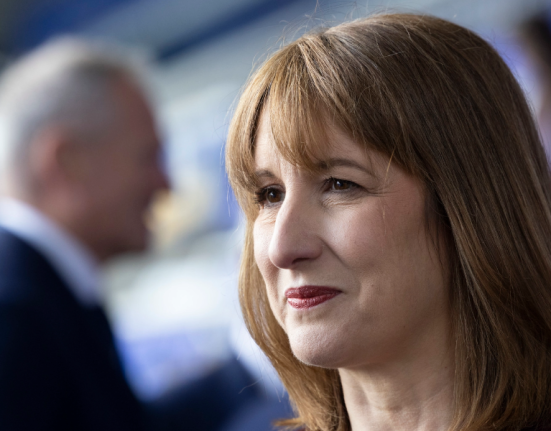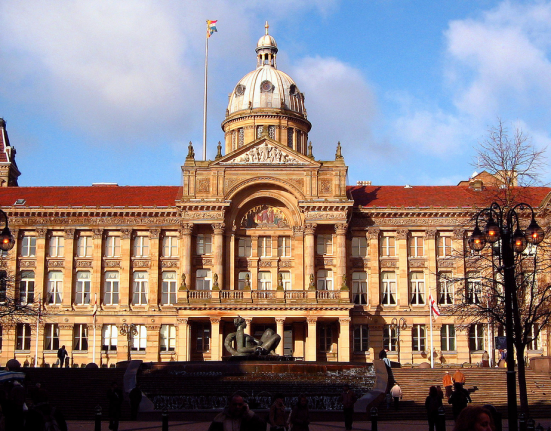BBC boss Tim Davie resigns amid Trump documentary scandal
BBC director general Tim Davie has stepped down after growing criticism over the corporation’s coverage of former US president Donald Trump, the Gaza conflict, and transgender rights. His decision came shortly after Deborah Turness, CEO of BBC News, also resigned, sparking what staff have described as a crisis at the top of the broadcaster.
Davie said the ongoing debate about BBC News had contributed to his decision.
“The BBC is delivering well, but there have been some mistakes, and as director general I must take ultimate responsibility,” he wrote in an email to staff.
Trump speech edits under scrutiny
At the centre of the controversy is a Panorama documentary that used edited clips from Trump’s January 2021 speech in Washington. The footage appeared to show him urging supporters to “fight like hell” and march on the Capitol. However, in the full speech, Trump said supporters should “cheer on” members of Congress.
The edited sequence triggered accusations of bias and misrepresentation. A memo by Michael Prescott, a former adviser to the BBC’s standards committee, claimed senior executives ignored his warnings about impartiality. The letter, leaked to the Daily Telegraph, accused the broadcaster of failing to uphold its editorial standards in coverage of Trump, Gaza, and transgender issues.

Political backlash intensifies
The situation escalated when the White House labelled the BBC a “leftist propaganda machine”. Trump responded on his Truth Social platform, celebrating the resignations and accusing the corporation of “doctoring” his speech.
In the UK, political leaders quickly weighed in. Boris Johnson and Kemi Badenoch condemned what they called “institutional bias” at the broadcaster. Badenoch said new leadership must “deliver genuine reform” to rebuild trust.
Labour culture secretary Lisa Nandy, who had earlier expressed confidence in Davie, praised his leadership during “a period of significant change”. Officials close to Nandy said she did not pressure him to resign and was informed only shortly before the public announcement.
Internal strain and staff reaction
Inside the BBC, senior executives described a mood of unease. Some said the Prescott memo reflected a targeted campaign to undermine the broadcaster, while others admitted the organisation’s editorial judgment had been damaged.
Davie, who has served since 2020, has been through several crises, earning him the nickname “Teflon Tim”. But this time, the pressure proved too great. He said he had been “reflecting on the personal and professional demands” of his role and felt stepping aside was “the right decision”.
Turness echoed that message, stating that the Trump documentary controversy had reached a point where it was “causing damage to the BBC”.
She added, “The buck stops with me.”
What the future holds for the BBC
Davie will remain in post until a successor is appointed. His departure comes just as the BBC begins crucial negotiations with ministers over the renewal of its royal charter, due in 2027.
A government green paper expected later this year will explore the future of BBC funding and its relevance to modern audiences. Reform UK’s Richard Tice called for a “wholesale clearout” of leadership to restore confidence in the institution.
Liberal Democrat leader Sir Ed Davey defended the broadcaster, saying that while it is not perfect, it remains “one of the few institutions standing between British values and a populist takeover of politics”.
As the BBC faces renewed questions about impartiality and accountability, the resignations of its top two executives have reignited a wider national debate about the future of public broadcasting in Britain.







